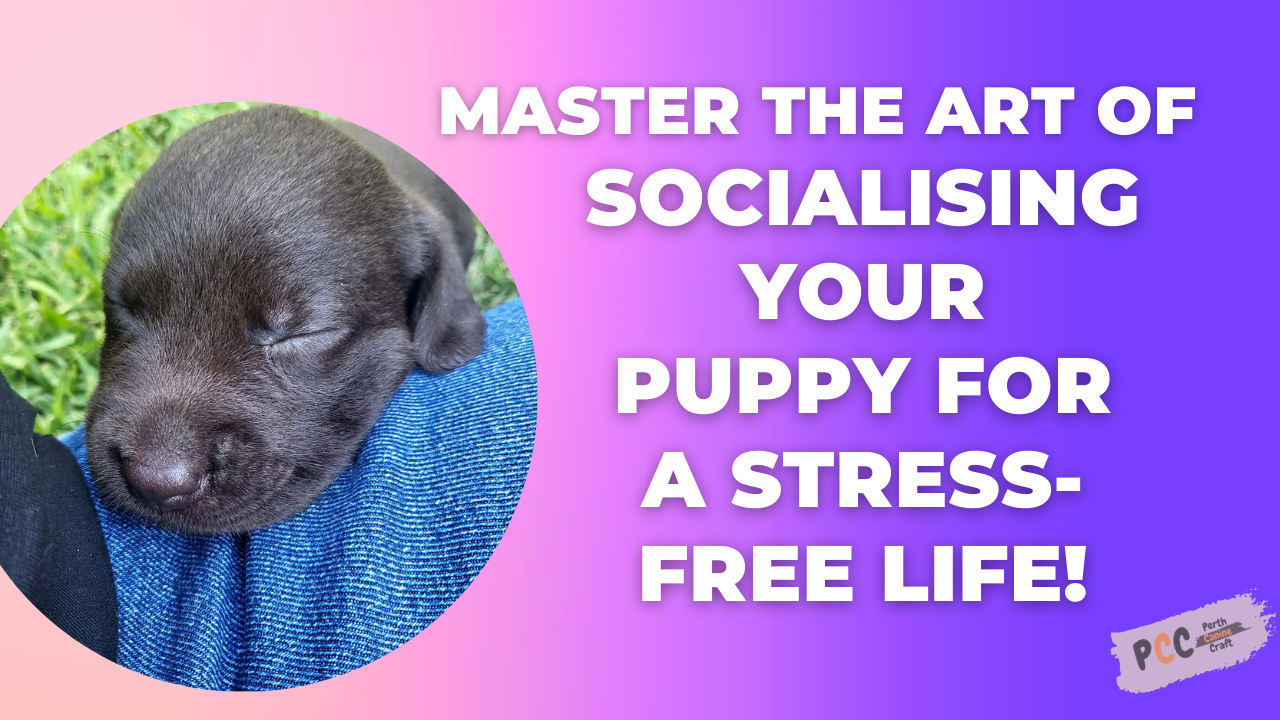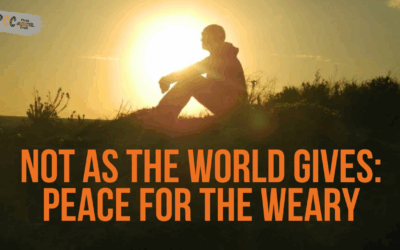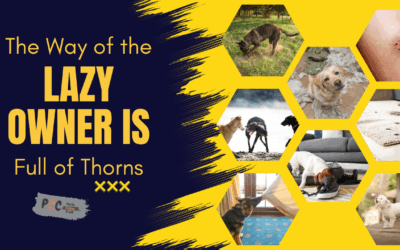Bringing a puppy into your home marks the beginning of an incredible journey filled with learning, bonding, and growth. Amidst the playfulness and training sessions, it’s crucial to understand the significance of socialisation in shaping your puppy’s future behaviour and temperament. Socialising your puppy isn’t about teaching them commands; it’s about introducing them to the world they’ll explore as they mature into adulthood.
Why is Socialization Crucial?
Socialising your puppy lays the foundation for expected behaviour patterns. Furthermore, it acquaints them with the real world they’ll encounter. This phase is easier during their early stages when they’re small and adaptable. It also allows moulding them into well-adjusted adult dogs, free from issues like aggression, fear, anxiety, or reactivity.
The Benefits of Proper Socialization
A well-socialised puppy grows into a dog that comfortably responds to various environments and interacts confidently with diverse individuals. This fosters a well-balanced, mentally healthy dog. It will make layering obedience into your dog so much more convenient and easier to maintain as your puppy grows into an adult and beyond to seniority.
When to Start Socialization
Early initiation is key! A good breeder will start the socialisation process, and it is important to ask your breeder, “What have you exposed my puppy to since they have been 6 weeks old? How has my puppy reacted and adapted to it? Any tips to how to help my puppy become a well-balanced dog, not a general approach but something to help my individual puppy?”
While breeders usually begin socialisation around 6 weeks of age, the responsibility falls on you once your pup is home. Continue this process until they’ve passed puberty and settled into adulthood, typically between 2 and 3 years of age.
Key Aspects and Approach
Socialisation involves exposing your puppy’s senses—nose, eyes, and ears, and progress to interaction—to different environments and controlled interactions. Focus on experiences that align with your lifestyle while avoiding potentially risky situations, especially concerning diseases before completing your pup’s vaccinations.
Practical Tips for Effective Socialization
Initially, a leash and harness strike the right balance between allowing exploration and ensuring safety outdoors. As your puppy grows, transitioning to a leash and collar becomes necessary for better management. Teach loose leash walking at home while utilising a leash and harness during outdoor outings while your pup is small and easy to manage in an overwhelming and amazing world.
Challenges and Consistency
Expect unexpected situations during socialisation. Adaptability and focusing on your puppy’s development are crucial. There’s no one-size-fits-all approach—adaptation depends on various factors, including your pup’s developmental stage and the tools at your disposal.
Health and Safety Precautions
Regular health checks (not with the vet, but with you) and grooming routines are essential. Minimize risks by avoiding contact with unfamiliar dogs and their feces, even though some inherent risks might persist despite vaccinations. After your puppy has finished their vaccinations, then continue on to expose to many different breeds (although, your puppy will still be able to see, hear and smell strange dogs from a safe distance, before your dog will interact face to face). Remember that vaccinations are NO GUARANTEE that your dog will never get ill, so make sure you are prepared financially for emergencies, no emotionally blackmailing veterinarians because you can’t afford your dog’s treatment, that is your responsibility, not the veterinarians (this is close to my heart, and I will write about it later).
Continuing Socialization Beyond Puppyhood
Socialisation isn’t confined to puppyhood—it should continue up to 2 years of age. Advocating for your dog throughout their life stages helps reinforce positive behaviours.
In conclusion, socialisation sets the stage for your puppy’s future behaviours and interactions. With patience, understanding, and a tailored approach, you’ll help your puppy blossom into a confident, well-adjusted adult dog, ready to embrace the world alongside you.





0 Comments